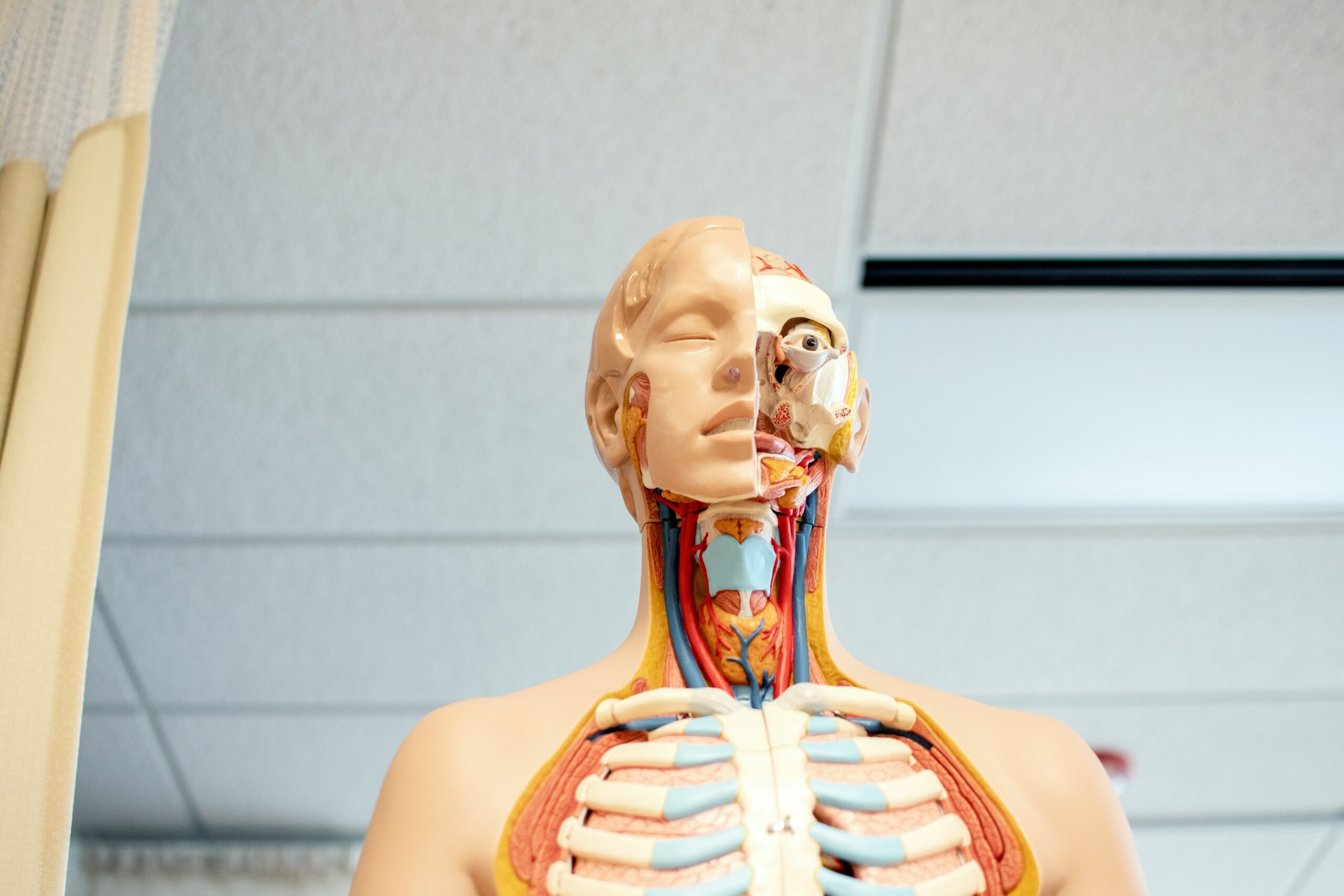Bone health is a crucial aspect of overall wellness, particularly for women. Women are at a higher risk for developing osteoporosis, a condition characterized by weakened bones that can lead to fractures and other serious health issues. As women age, especially after menopause, the rate of bone density loss accelerates due to hormonal changes. However, there are several proactive steps women can take to support their bone health throughout their lives.
Understanding Bone Health
Bones are living tissues that require a balance of nutrients to maintain strength and integrity. Bone density typically peaks in a woman’s 20s and starts to decline with age, particularly after menopause when estrogen levels drop. This decline can lead to osteoporosis, making bones fragile and increasing the risk of fractures.
Key Nutrients for Bone Health
- Calcium: Calcium is essential for building and maintaining strong bones. Women aged 19-50 should aim for 1,000 mg of calcium daily, while those over 50 should increase their intake to 1,200 mg. Dairy products, leafy greens, and fortified foods are excellent sources of calcium.
- Vitamin D: Vitamin D is crucial for calcium absorption. The recommended daily allowance is 600 IU for women aged 19-70 and 800 IU for those over 70. Sunlight is a natural source of vitamin D, but dietary sources like fatty fish, egg yolks, and fortified foods can also help meet the requirement.
- Magnesium: Magnesium plays a role in converting vitamin D into its active form and is vital for bone health. Women should aim for 310-320 mg per day. Nuts, seeds, whole grains, and green leafy vegetables are good sources of magnesium.
- Vitamin K: This vitamin is important for bone mineralization. Women should aim for 90 mcg daily, which can be found in leafy greens, broccoli, and fermented foods.
- Protein: Adequate protein intake is essential for bone health. It helps maintain bone density and supports muscle mass, which in turn helps reduce the risk of falls. Women should include protein-rich foods such as lean meats, fish, legumes, and dairy in their diets.
Lifestyle Factors Supporting Bone Health
- Regular Exercise: Engaging in weight-bearing and strength-training exercises is vital for building and maintaining bone density. Activities like walking, jogging, dancing, and weightlifting can help strengthen bones and muscles, reducing the risk of fractures.
- Maintain a Healthy Weight: Being underweight can increase the risk of osteoporosis, while excess weight can place additional stress on bones. Maintaining a healthy weight through a balanced diet and regular exercise is essential for bone health.
- Limit Alcohol and Caffeine: Excessive alcohol intake can interfere with calcium absorption and contribute to bone loss. Similarly, excessive caffeine consumption may also have negative effects on bone health. It’s advisable to limit alcohol to one drink per day and keep caffeine intake moderate.
- Don’t Smoke: Smoking has been linked to decreased bone density and increased fracture risk. Quitting smoking is one of the most effective ways to improve overall health, including bone health.
Hormonal Considerations
Hormonal changes, especially during menopause, significantly impact bone health. Women should discuss bone health with their healthcare provider, particularly if they have a family history of osteoporosis. Hormone replacement therapy (HRT) can be an option for some women to help mitigate bone loss, but it’s important to weigh the benefits and risks with a healthcare professional.
Regular Screenings
Women should have regular bone density screenings, especially if they have risk factors for osteoporosis. The National Osteoporosis Foundation recommends that women begin screening at age 65 or earlier if they have risk factors. Early detection can lead to more effective management of bone health.
Conclusion
Supporting bone health is a lifelong endeavor for women, and it requires a multifaceted approach involving nutrition, exercise, and lifestyle choices. By prioritizing calcium and vitamin D intake, engaging in regular physical activity, and making informed lifestyle decisions, women can significantly enhance their bone health and reduce the risk of osteoporosis. Taking these proactive steps will help ensure strong bones for years to come, leading to a healthier, more active life.
